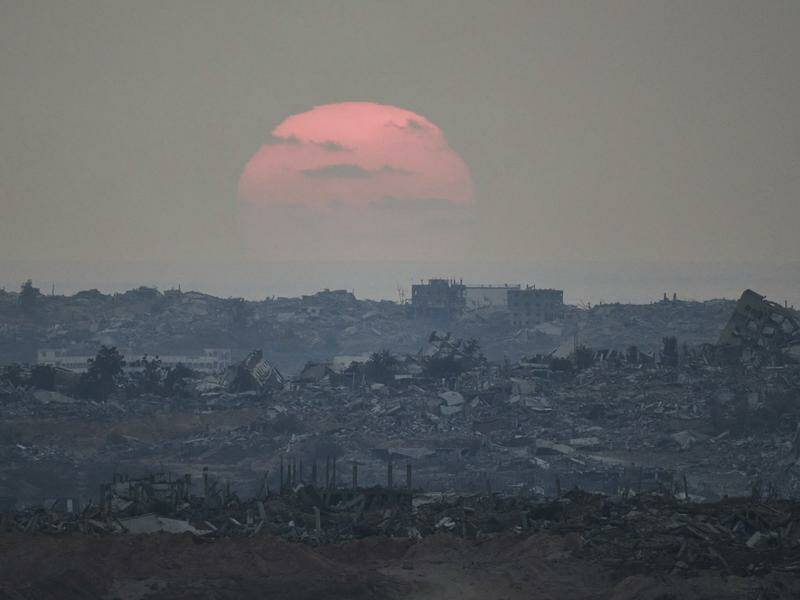
As fears mount over a potential Israeli offensive, many Palestinian families have begun evacuating eastern areas of Gaza City, which are currently under intense bombardment. This movement comes as Israel prepares to expand its military operations, prompting families to flee westward or consider relocating further south to escape the escalating violence.
The situation has sparked significant concern both locally and internationally. Tens of thousands of Israelis have participated in large protests urging the government to negotiate a ceasefire and facilitate the release of the remaining 50 hostages held by Palestinian militants in Gaza. According to Israeli Prime Minister Benjamin Netanyahu, Gaza City is viewed as “Hamas’ last bastion,” intensifying the urgency of the planned offensive.
Efforts to broker a ceasefire have been ramped up by Egyptian and Qatari mediators, who are engaged in what sources describe as “the last-ditch attempt” to avert further conflict. The Israeli military has already taken control of approximately 75 percent of Gaza, yet officials warn that expanding the offensive could jeopardize the lives of remaining hostages and lead to protracted guerrilla warfare.
In Gaza City, many residents are advocating for protests to call for an end to the war, which has devastated much of the territory and resulted in a severe humanitarian crisis. Businessman Tamer Burai expressed the despair felt by many, saying, “The people of Gaza City are like someone who received a death sentence and is awaiting execution.” He has decided to evacuate his family to the south, fearing the consequences of an imminent Israeli ground invasion.
On Thursday, various unions are scheduled to hold protests in Gaza City, with participants mobilizing through social media to amplify their demands. The last round of indirect ceasefire negotiations, which took place in late July, ended in a stalemate with both sides blaming each other for the breakdown. Ongoing discussions will continue on Monday, with little progress reported thus far.
Sources familiar with the Cairo talks indicate that Hamas has expressed a willingness to resume negotiations regarding a proposed 60-day truce and the release of half the hostages. However, Hamas also seeks a more extensive agreement that would lead to an end to hostilities. Israel, in turn, has stated it will only consider ceasing military actions if all hostages are released and Hamas disarms—conditions that the Islamist group has publicly rejected until a Palestinian state is established.
Furthermore, significant gaps remain regarding the specifics of an Israeli withdrawal and the logistics of delivering humanitarian aid to the enclave. The humanitarian situation is dire, with reports of widespread malnutrition and escalating famine risks among the population of 2.2 million.
On Saturday, the Israeli military announced preparations to provide displaced Gazans with tents and other shelter materials as they relocate from combat zones to safer areas in the south. However, details regarding the quantity of supplies and the timeline for distribution remain unclear.
The current conflict escalated dramatically following the attack by Hamas militants on October 7, 2023, which resulted in the deaths of 1,200 people in southern Israel and the abduction of 251 hostages. In response, Israeli air and ground operations in Gaza have reportedly resulted in over 61,000 Palestinian fatalities, with the majority of the population now internally displaced.
The urgent need for a resolution to this conflict is clear, as families continue to flee and both sides remain entrenched in their positions. The humanitarian impact of the ongoing violence is becoming increasingly difficult to ignore, underscoring the necessity for immediate and effective diplomatic intervention.






